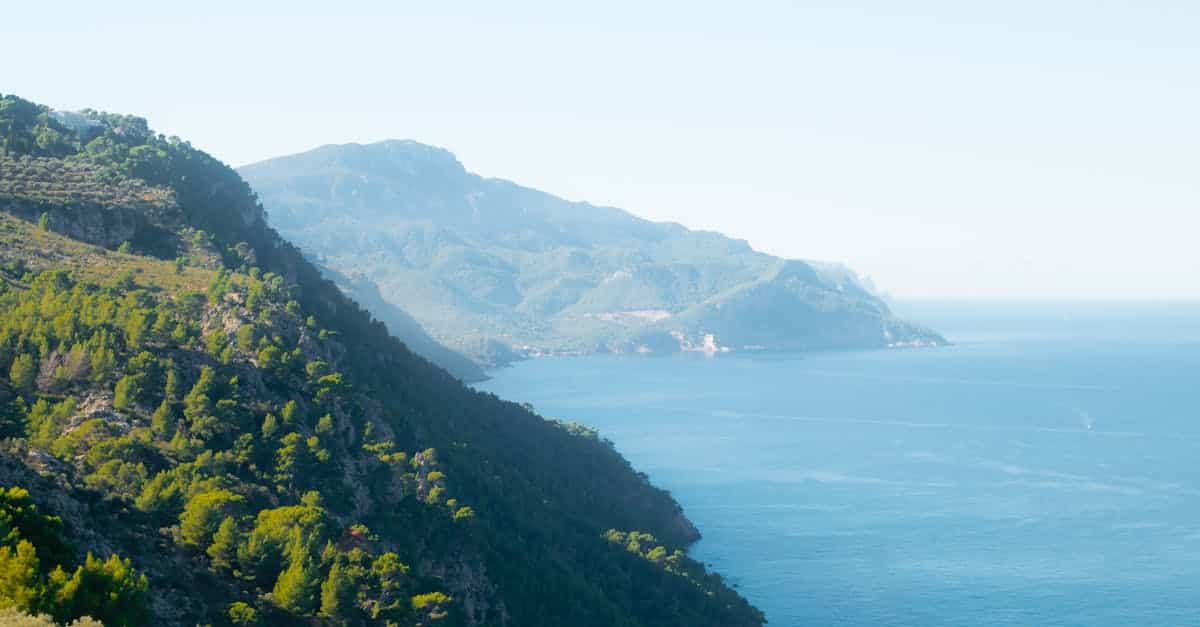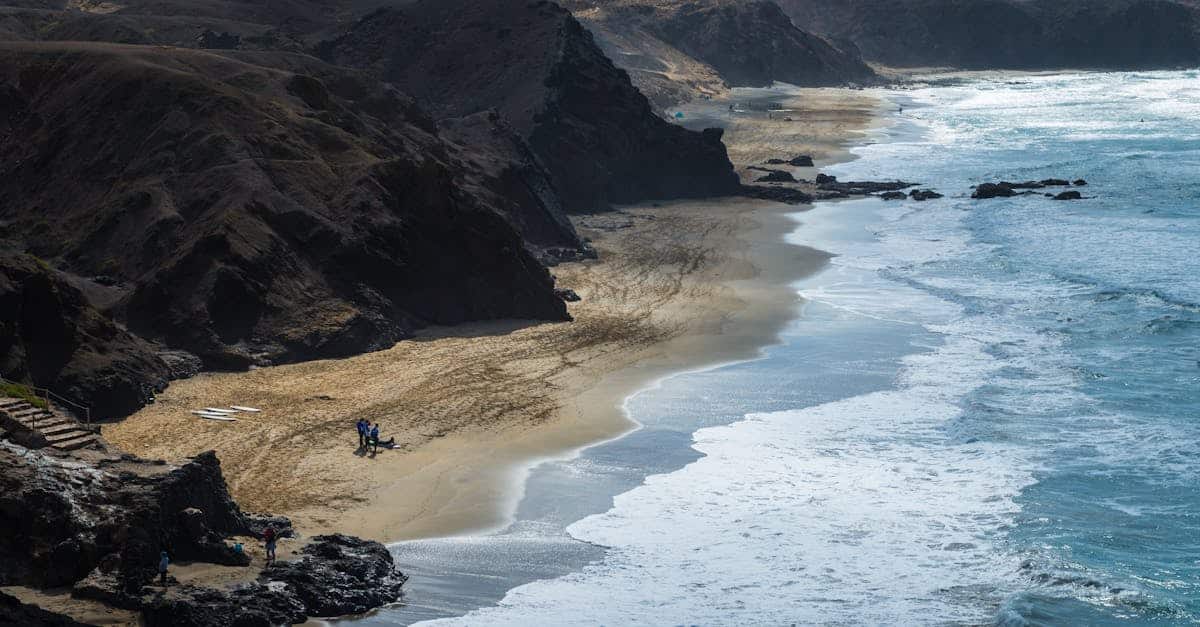|
IN BRIEF
|
Imagine a scenario where the time travel is not just a dream, but a tangible reality. And if you had the opportunity to delve into the twists and turns of the past to modify the course? What significant event would you choose to alter? Maybe inform yourself Francis 1st catastrophic consequences of some of his decisions or would you prevent the assassination of John F. Kennedy in 1963? The implications of such choices prove fascinating, questioning our perception of history and temporal paradoxes that we may face. Would it be possible to navigate between eras without triggering unexpected effects, while preserving the integrity of our reality?
Imagine for a moment, a world where time travel would be a reality. What extraordinary power, but also what enormous responsibility! If you had the ability to go back in time, you could influence major historical events. In this article we will explore the fascinating implications of such power, the nature of temporal paradoxes with captivating stories inspired by this coveted theme.
The basics of time travel
The concept of time travel has captured the imagination of writers, scientists and filmmakers for centuries. Stories such as those of H. G. Wells, with his famous novel “The Time Machine”, laid the foundations for reflection on the nature of time and our perception of it. But what is stopping us from seeing this idea become a reality in our modern world? Recent scientific discoveries in the field of quantum physics suggest that time travel could, provided we master the laws of the universe, become a possibility.
Edit story: dream or nightmare?
The question remains: if you could really change the course of history, what event would you choose? Perhaps you would like to prevent tragedies like the assassination of John F. Kennedy in 1963, a key moment that shook America. When you think about it, the implications of such a decision are vast. Altering the past could lead to a cascade of unforeseen changes leading to temporal paradoxes, unexpected and potentially disastrous results. Thus, the temptation to change History can quickly turn into a real moral dilemma.
The nature of temporal paradoxes
THE temporal paradox is one of the most intriguing consequences of traveling to the past. The notion that acting in the past could prevent one’s own existence is a concept that has often been explored in popular culture. For example, in films like “Nimitz: Back to Hell” or “Doomsday Warriors”, this idea is implemented in a striking way, and illustrates well how high the stakes can be when the we manipulate time.
The Science Behind Time Travel
So, does the time travel is only a fantasy of science fiction or could there be a scientific application for this idea? Recent theories, such as wormholes, suggest that passages through time and space are officially possible within the framework of theoretical physics. This opened the door to discussions about technologies that could one day enable such a feat.
Imaginary journeys and science fiction stories
Popular culture has been largely influenced by the idea of time travel, with major works that explore its consequences. Whether through novels, films or TV series, this notion is present everywhere. Series like “Timeless” transport us into a universe where characters try to influence the past to shape a better future. These stories not only entertain but also provoke critical reflections on our own choices and responsibilities.
Alternative realities: time travel on screen
We have all seen films where the protagonists try to change a reality that seems inevitable. The pleasure of the fantastic mixes with ethical and moral questions. Movies like those recommended in this top romantic films to explore, demonstrate how these stories can also address emotional themes by playing with time.
A reflection on our own temporality
The concept of time travel is not limited to transforming past events. By asking ourselves these questions, we also become aware of the value of the present moment. Sometimes it is essential to focus on the time that we have rather than dwelling on the one that we could change.
In a world where time sometimes seems to speed up, thinking about these questions can lead us to redefine our priorities and appreciate the richness of our existence current. Traveling through time, whether through literature or science, allows us to explore our human nature, while entertaining us and questioning our place in the universe.
Analysis of the implications of time travel
| Historical Event | Consequences of a Change |
| JFK assassination | A change could influence international relations and alter the course of the Cold War. |
| French Revolution | Changing this event could upset the European political balance and delay democratic ideals. |
| Discovery of America | Intervention here could alter cultural and economic exchanges between old and new worlds. |
| Fall of the Roman Empire | A change could stabilize the longevity of the Empire and delay the rise of feudalism. |
| Invention of printing | Reintroducing this event too soon could affect education and the spread of ideas during the Renaissance. |
| American Secession | Changing this episode could completely transform the social and economic structure of the United States. |
| Second World War | Changing the outcome could result in a radically different world, influencing current geopolitics. |
- Key events: Kennedy assassination
- Potential impact: Cold War modification
- French Revolution: Economy and inequality
- Rebirth: Scientific and artistic progress
- Second World War: Preventing the Holocaust
- Future society: Vision of an alternative world
- Travel paradox: Butterfly effect and consequences
- Technology : Time travel engineering
- Mythology: Inspired historical figures
- Philosophy : Nature of time and free will


